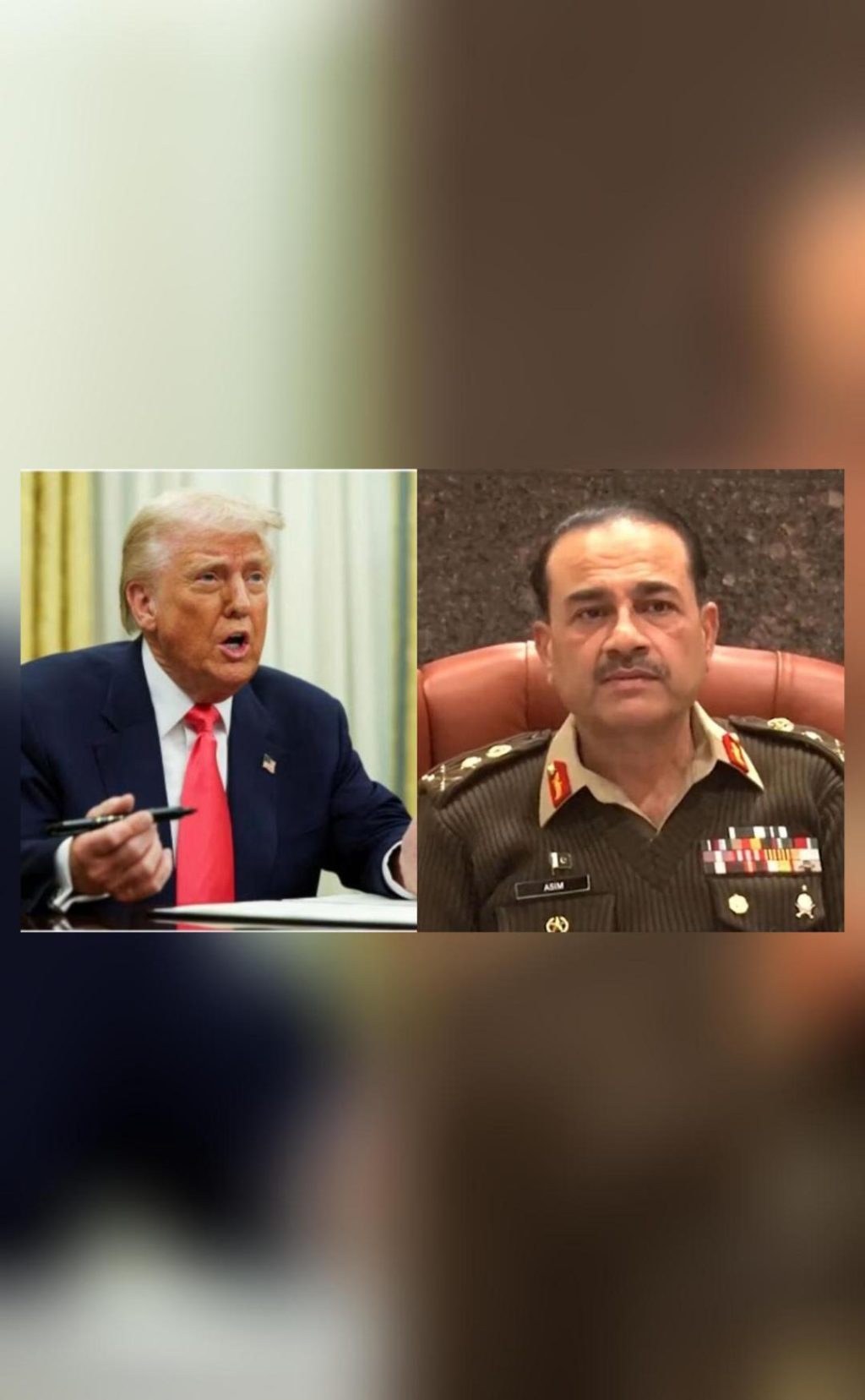
Our relations with India & Pak remain unchanged: US after Pak army chief Munir’s visit
The United States has reiterated its commitment to maintaining good relations with both India and Pakistan, despite Pakistan’s army chief, General Asim Munir’s, recent visit to the country. US State Department Spokesperson Tammy Bruce made the statement during a press briefing, emphasizing that the diplomats are committed to both nations and the relationship remains unchanged.
General Munir’s visit to the US was seen as a significant development in the context of the ongoing tensions between India and Pakistan. During his visit, the Pakistan army chief made some provocative statements, claiming that Pakistan has nuclear weapons and would take “half the world down” if they think they’re “going down” during a future war with India. The statement sent shockwaves throughout the region, with many experts expressing concerns about the potential consequences of such a threat.
However, the US State Department has chosen to downplay the significance of General Munir’s comments, stating that the relationship with both India and Pakistan remains unchanged. The US has long maintained a delicate balance in its relations with both countries, and this statement is seen as an attempt to reiterate its commitment to this policy.
The US has historically enjoyed good relations with both India and Pakistan, and has been a key player in the region. The country has provided significant economic and military aid to both nations, and has been involved in several initiatives aimed at promoting regional stability and security.
However, the relationship between India and Pakistan has been strained in recent years, particularly since the Pulwama attack in 2019. The attack, which was carried out by a Pakistan-based terrorist group, resulted in the deaths of 40 Indian security personnel. India responded with a military strike against a terrorist training camp in Pakistan, which led to a significant escalation in tensions between the two countries.
Since then, the relationship between India and Pakistan has remained tense, with both countries engaged in a series of diplomatic and military exchanges. The US has attempted to play a mediatory role, but so far, its efforts have yielded little progress.
General Munir’s visit to the US was seen as an attempt to repair the relationship between the two countries, which has been strained since the Pulwama attack. The Pakistan army chief met with several high-ranking US officials, including Secretary of State Antony Blinken, during his visit. However, despite the efforts, the visit did not yield any significant breakthroughs.
In fact, General Munir’s comments about Pakistan’s nuclear capabilities have been widely criticized by experts, who have expressed concerns about the potential consequences of such a threat. Many have argued that Pakistan’s nuclear weapons program is a major destabilizing force in the region, and has the potential to spark a nuclear arms race in South Asia.
The US has long been concerned about the safety and security of its nuclear weapons in the region. Pakistan’s nuclear program has been a major source of instability, and the country’s ability to produce weapons-grade fissile material has raised concerns about the potential for nuclear proliferation.
Despite these concerns, the US has continued to maintain good relations with Pakistan, and has provided significant economic and military aid to the country. However, the recent comments by General Munir have raised questions about the future of the US-Pakistan relationship, and whether the US will continue to maintain its commitment to the country.
In conclusion, the US State Department’s statement that its relationship with both India and Pakistan remains unchanged is a clear indication that the country is committed to maintaining good relations with both nations. However, the recent comments by General Munir have raised concerns about the potential consequences of Pakistan’s nuclear weapons program, and have highlighted the need for greater transparency and accountability in the region.



